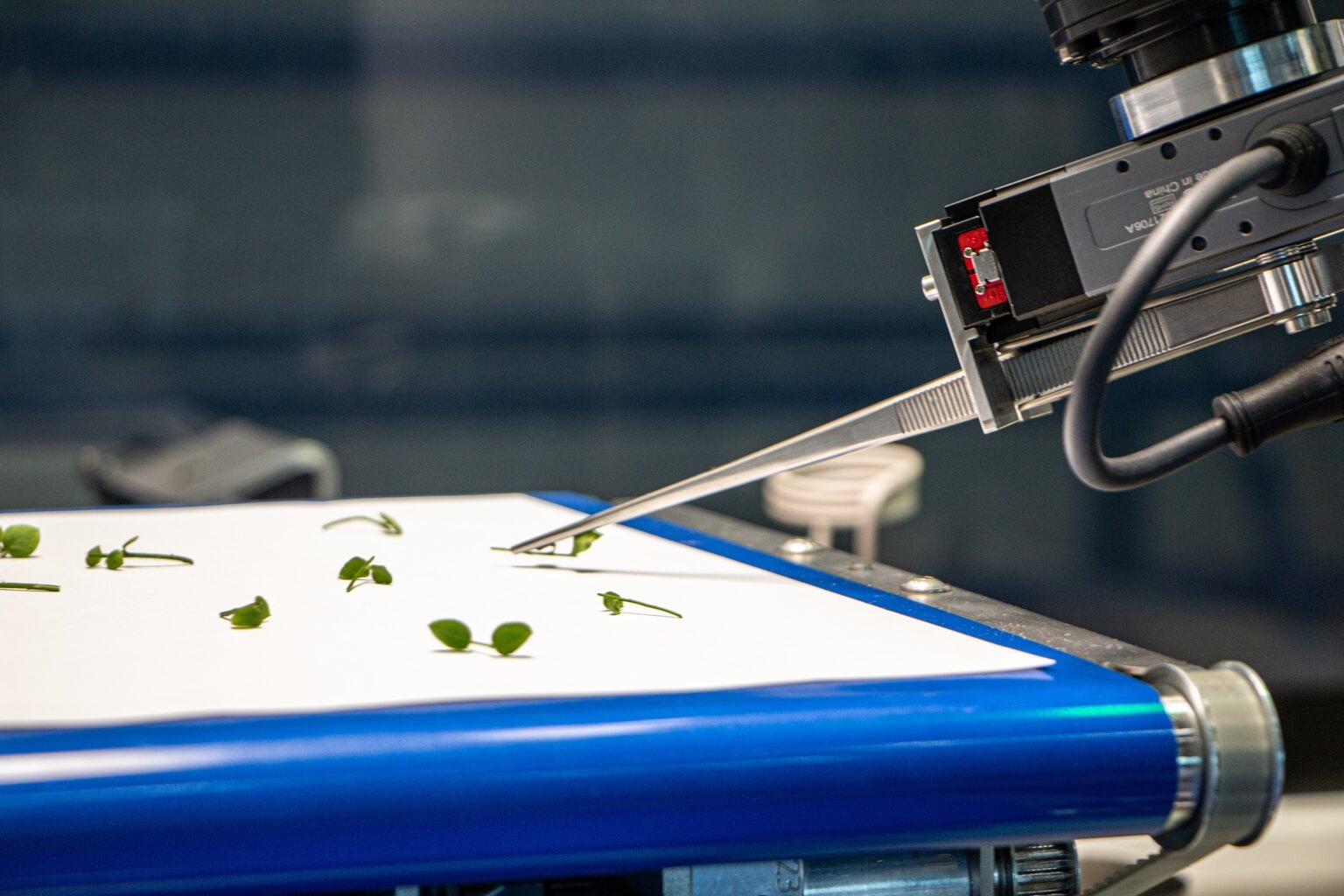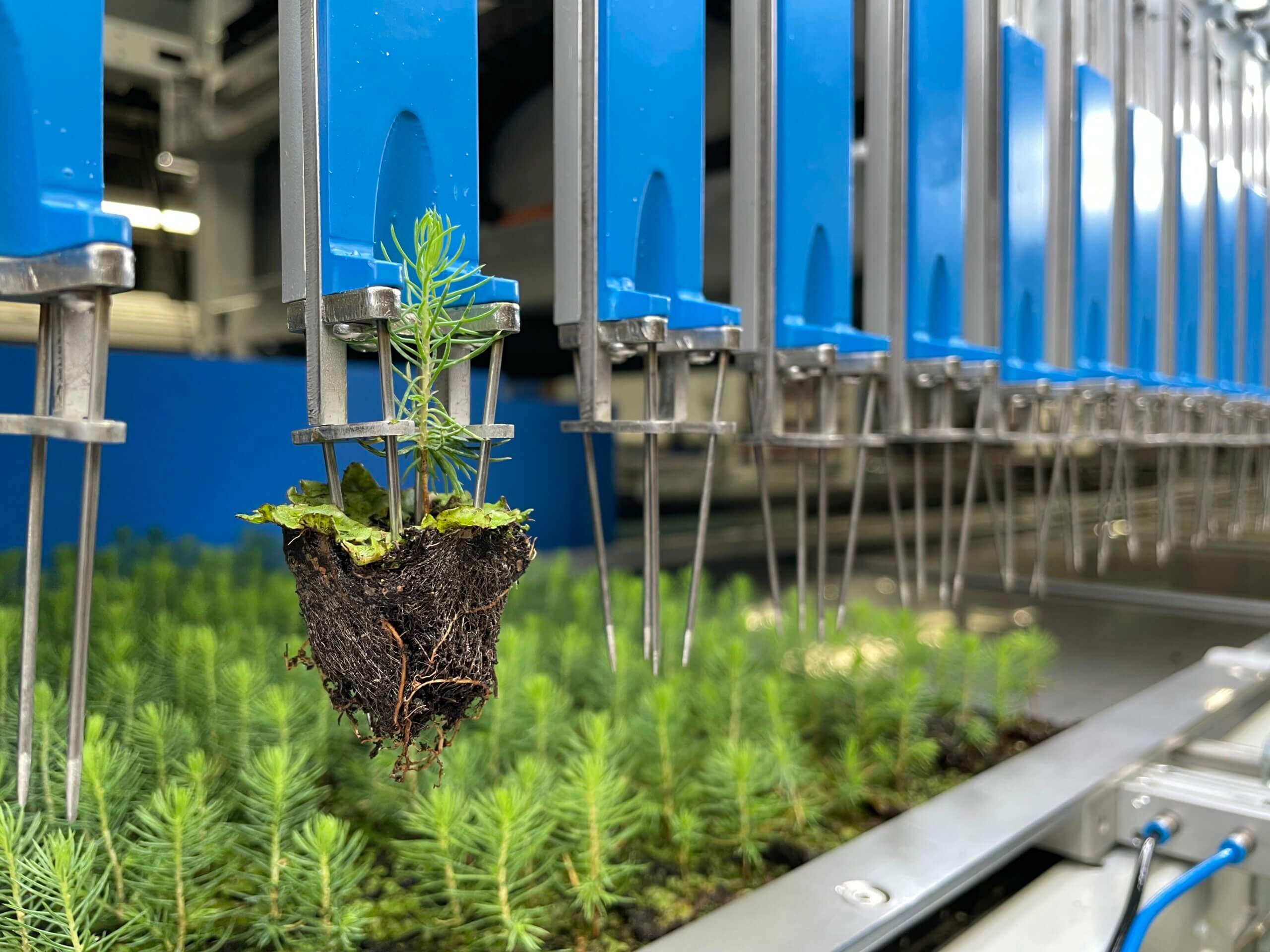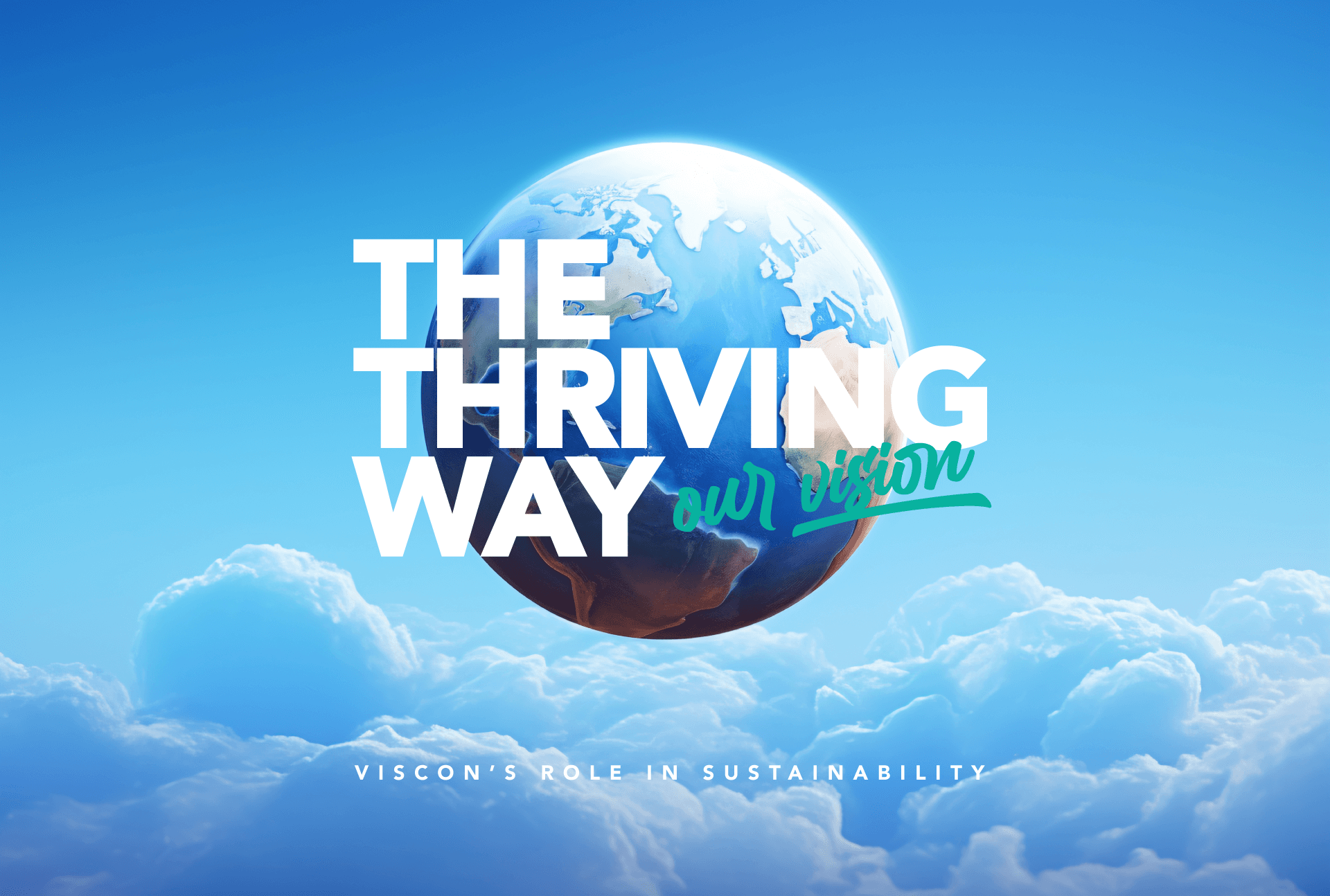This page is being translated by Google Translate
Despite concerns about population growth and environmental degradation, we argue that humanity has a history of innovation and problem-solving. We advocate for intensive food production methods as a solution to feeding a growing population sustainably. Emphasizing the importance of technological advancements and efficient resource usage, Viscon aims to contribute to a thriving future by promoting sustainability in food production. Our approach focuses on reducing waste and resource usage while increasing productivity, ultimately aiming for abundance without compromising environmental welfare.

By understanding the intricacies of plant biology and fostering collaboration with stakeholders, Viscon ensures that its innovations are not only cutting-edge but also deeply informed by scientific expertise. This approach is essential because sustainable agriculture requires more than just technological solutions; it demands a comprehensive understanding of ecological systems and agricultural practices. By investing in plant science and domain knowledge, Viscon lays the foundation for sustainable food production that respects natural ecosystems and conserves resources.


Tissue culture solutions holds significant promise for fostering a thriving future. By enabling rapid propagation of plants in a controlled environment, tissue culture techniques offer higher yields with minimal land, water, and nutrient usage compared to traditional farming methods. Moreover, Viscon’s innovative approach to tissue culture allows for the production of disease-resistant plants, reducing reliance on chemical pesticides and fertilizers while promoting biodiversity conservation through the preservation of rare and endangered species.
As the global population continues to grow, the demand for food increases, putting strain on agricultural resources and exacerbating environmental degradation. By farming insects like black soldier flies and mealworms, we can utilize organic waste as a valuable resource, thereby reducing the environmental footprint associated with food production. Overall, farming insects presents a sustainable and profitable solution to the challenges of feeding a growing population while minimizing environmental impact and promoting circularity in the food cycle.


Automation for reforestation and forestry projects offers a path to a thriving future by increasing efficiency and speed in young tree production, reducing reliance on manual labor, and enabling real-time monitoring and management of forests. By automating tasks that are costly and physically demanding, automation makes it feasible to restore degraded landscapes and expand forest cover at scale. Furthermore, real-time monitoring enhances ecosystem resilience and biodiversity conservation, contributing to sustainable land management practices.


By embracing constant innovation and leveraging ideas from various sectors, we create added value across the supply chain. This approach not only stimulates creativity and inspiration among employees and partners but also drives efficiency and competitiveness. Ultimately, it accelerates progress towards sustainable solutions by harnessing diverse expertise to address complex challenges and drive positive change for a thriving tomorrow.